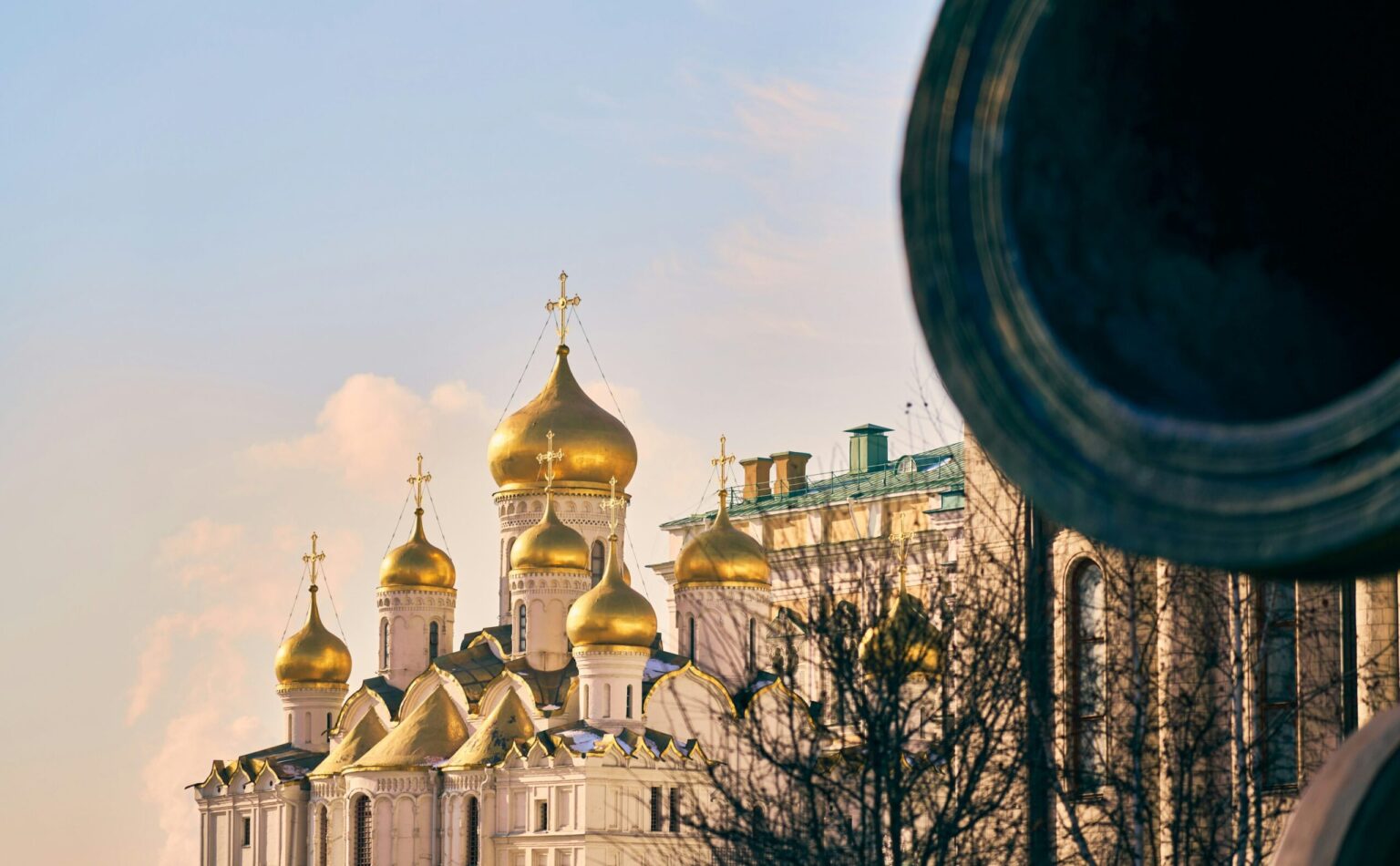In an unexpected yet strategic move, Russian authorities are taking steps to establish a cryptocurrency exchange tailored exclusively for the nation’s wealthiest individuals. This initiative marks a significant pivot in Russia’s approach to digital assets, highlighting a new realm of opportunities for high-net-worth investors within the country. By creating a controlled environment for cryptocurrency trades, Russia aims to bring these financial operations into the formal economy, ensuring legal compliance and enhancing investor protection.
Russia’s Exclusive Crypto Exchange: A New Era for High-Net-Worth Investors
Central Bank Shifts Towards Cryptocurrency Inclusion
In a noteworthy development, Russia’s Finance Minister, Anton Siluanov, revealed plans to collaborate with the Central Bank of Russia in launching an exclusive cryptocurrency trading platform. This exchange is designed to operate under an experimental legal framework, providing a regulated space for “highly qualified investors” to engage in crypto trading. Siluanov emphasized that this initiative intends to legitimize cryptocurrency activities, drawing these operations out of the shadows and into the regulatory fold. This move marks a departure from the Central Bank’s historical resistance to cryptocurrency, reflecting a broader acceptance of digital assets among the financial elite.
Eligibility Criteria: The Rich and the Qualified
The forthcoming cryptocurrency exchange will be accessible solely to individuals of substantial financial standing. The Central Bank proposes that only those with investments exceeding 100 million rubles (approximately $1 million) or earning over 50 million rubles (about $500,000) annually will qualify as “highly qualified investors.” Osman Kabaloev, Deputy Director of the Financial Policy Department, hinted at ongoing discussions regarding these criteria, indicating potential adjustments depending on legislative discourse.
Regulatory Framework: A Strategic Experiment
The experimental legal framework for the proposed cryptocurrency exchange stems from a law enacted last year, allowing the Central Bank to pilot cryptocurrency-based foreign settlements. Deputy Finance Minister Ivan Chebeskov mentioned that existing exchange infrastructures might serve as a foundation for this experiment, albeit with stringent licensing and regulatory conditions. Chebeskov noted that the initiation of this venture would likely be deferred for several months to ensure comprehensive regulatory compliance.
Limitations on Cryptocurrency Use for Payments
Despite these developments, the Central Bank maintains its stance against the general use of cryptocurrency for payments within Russia. It holds firm on prohibiting crypto settlements among residents outside the experimental legal framework, advocating for penalties against violations. Currently, while Russians can legally purchase and hold cryptocurrency, its use for payments within the country remains prohibited, compelling residents to rely on foreign exchange platforms for trading activities.
FAQs
What are the requirements for qualifying as a “highly qualified investor” in Russia’s new crypto exchange?
The proposed criteria for being deemed a “highly qualified investor” include having investments in securities and deposits exceeding 100 million rubles (around $1 million) or an annual income surpassing 50 million rubles (about $500,000). These standards aim to ensure that only financially sophisticated individuals can access the exchange.
What is the purpose of the experimental legal framework for the crypto exchange?
The experimental legal framework is intended to provide a controlled environment for testing cryptocurrency-based foreign settlements. It allows the Central Bank of Russia to explore this domain with a focus on regulatory compliance and risk management, offering insights into integrating such practices into the broader financial system.
Will Russian citizens be able to use cryptocurrency for everyday transactions?
No, despite the progression towards a regulated exchange for high-net-worth individuals, the Central Bank of Russia has not legalized the use of cryptocurrency for everyday transactions. It continues to oppose cryptocurrency as a payment method within Russia, advocating for a ban on settlements outside the designated frameworks.
This comprehensive guide delves into Russia’s emerging cryptocurrency landscape, accentuating the strategic, regulatory, and financial implications of this exclusive initiative. By fostering a thorough understanding of the current and future state of digital assets in Russia, this guide equips readers with the knowledge necessary for informed decision-making.

